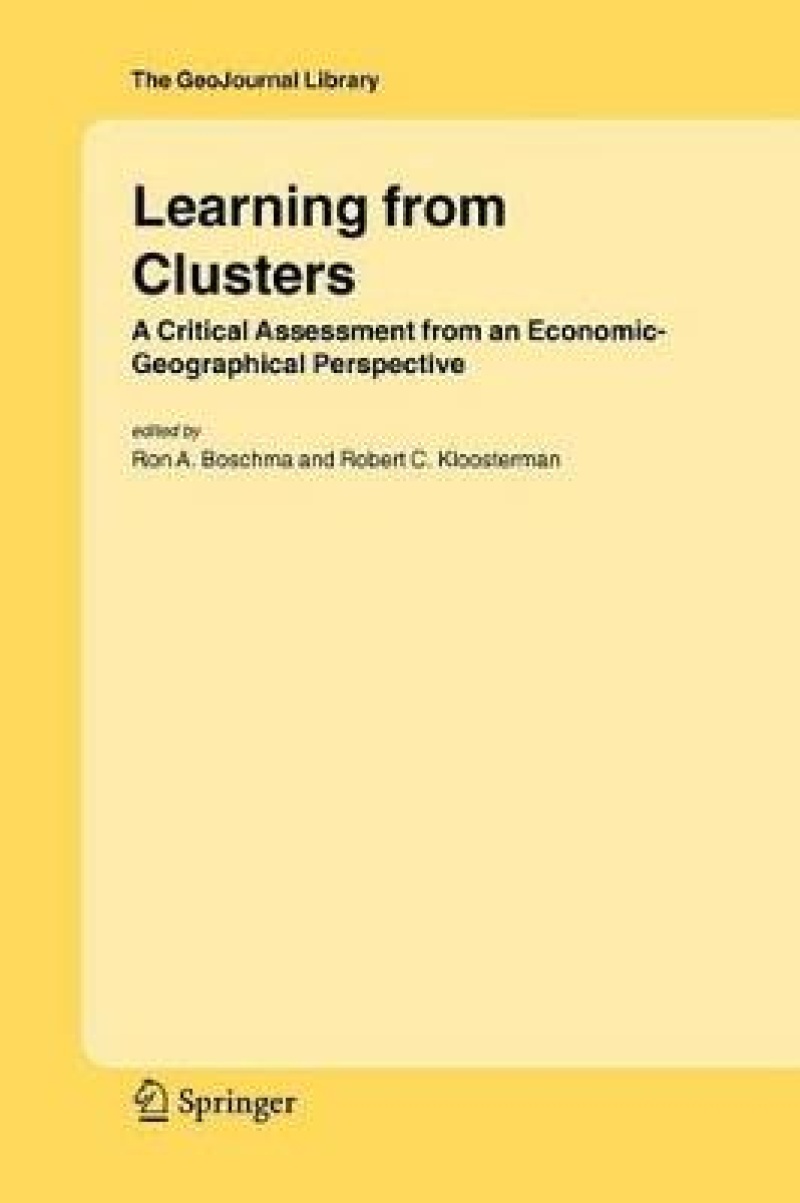"Clusters and clustering are popular policy tools much given to critical academic comment. The book explores this paradox, addressing convincingly the shortcomings of the cluster approach to the analysis of and intervention in economic development processes. In doing so, it presents a critical and thought-provoking perspective on the current state of the art. Its most penetrative contributions are on the conceptual and empirical level." (Professor Phil Cooke, Director, Centre for Advanced Studies, Cardiff University) "This book brings together not only interesting new empirical studies of the clustering of economic activity but, more importantly, fresh critique and valuable new departure points for future theoretical and empirical work on this popular topic." (Nick Phelps, Reader, School of Geography, University of Southampton) "Learning from Clusters aims to examine key conceptual and empirical issues concerning clustering, learning, and regional development, assessing the relationship between spatial concentration and innovation. ... is a worthy addition to library shelves, containing much that will be of interest to researchers of regional development and innovation." (Danny MacKinnon, Economic Geography, Vol. 83 (2), 2007)
